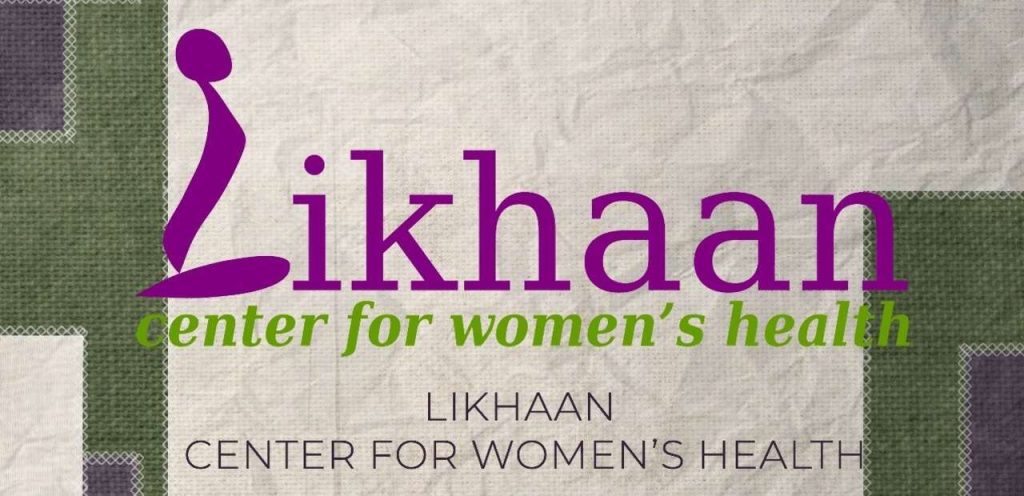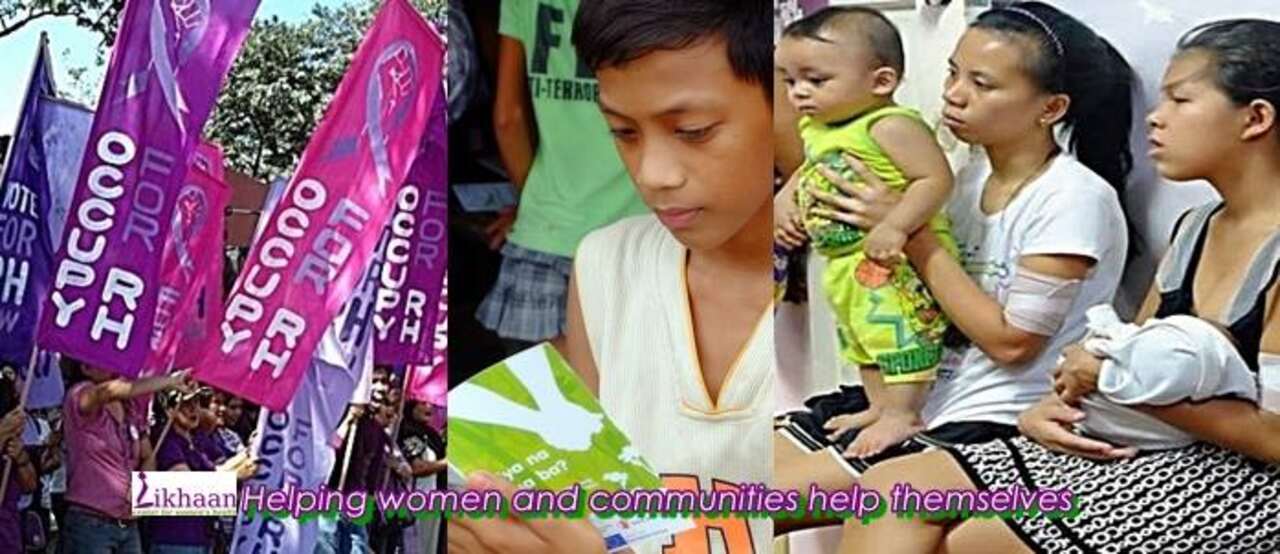One organization that has been at the forefront of addressing challenges and issues faced by poor and underserved women and communities, especially when it comes to sexual and reproductive health, is the Likhaan Center for Women’s Health. This non-government organization based in the Philippines offers medical, educational, and advocacy services focused on women, especially those from poor and marginalized communities.
Founded in 1995 by Filipino women activists, healthcare professionals, and community leaders, the organization has consistently worked to provide critical health assistance and support to disadvantaged women and youth across the country, all geared towards the realization of health and equality for all—particularly in the area of sexual and reproductive health. In this article, we’ll explore what the Likhaan Center is, the types of programs and services it offers, its approach to community health, and why it remains a significant player in advancing women’s health and rights in the country.
What is the Likhaan Center for Women’s Health?

The Likhaan Center for Women’s Health is a registered non-profit group based in the Philippines. It was established in 1995 by a group of women composed of health professionals, community leaders, and activists with the goal of addressing the lack of accessible sexual and reproductive health (SRH) services—particularly for low-income women who face social, cultural, and systemic barriers. Located in Quezon City, with multiple outreach and clinic sites across Metro Manila and nearby provinces, the organization offers accessible and affordable healthcare services alongside community education and public policy advocacy.
It operates with a human rights-based and social justice approach, aiming to improve health services, increase awareness, and influence policies that affect women’s well-being, believing that access to healthcare is a basic human right. It also works directly with women and youth in poor communities and collaborates with health workers and policymakers in an attempt to promote equity and social justice and to improve systems and policies that affect SRH access. Over the years, Likhaan has grown into a recognized voice for women’s health in the Philippines.
How it Started
Likhaan was established in response to persistent issues affecting women’s health in the Philippines. These include:
- Limited access to SRH services
- A high rate of unintended pregnancies
- Poor maternal health outcomes
- The widespread influence of conservative religious norms on health policies
- A health system hampered by underfunding and inefficiency
The organization began with just two community-based programs and has since expanded to nine clinics serving both urban and rural areas. These early efforts were coordinated by local women trained by a small team of health workers and activists. Their work received support from international partners including United Nations Population Fund (UNFPA), Médecins Sans Frontières, the European Union, and Global Affairs Canada, as well as other international partners which helped it establish and grow its SRH services.
Logo

The Likhaan logo features a stylized silhouette of a woman in purple, symbolizing the organization’s focus on women’s health, empowerment, and dignity. The bold, lowercase word “likhaan” appears in a matching purple tone, conveying approachability and solidarity with grassroots communities. The green underline at the base suggests growth, life, and the organization’s strong connection to community development and health.
Mission
Likhaan seeks to improve the health and lives of disadvantaged women and youth. Its mission is grounded in the belief that healthcare, especially for women, should not be a privilege but a right.
Vision
At the heart of Likhaan’s mission is a bold vision: a free, egalitarian, and democratic Philippines where all people—especially women—enjoy equal rights and opportunities to achieve good health and development. Their work is grounded in human rights, equality, and justice. With this, Likhaan empowers women and poor communities to harness their collective strength, engage government and institutions, and challenge the inequities they face daily.
Core Values
The organization operates under five guiding values:
- Social Justice and Equity
- Accountability
- Effectiveness and Efficiency
- Creativity
- Community-based solutions
It combines these values to deliver comprehensive and culturally sensitive programs tailored to the needs of the communities it serves.
Goals
Its primary mission revolves around three long-term goals:
- Access to healthcare for disadvantaged populations
- Promotion of sexual and reproductive health and rights (SRHR)
- Strengthening of women’s equality and social justice
Organizational Leadership and Governance
Likhaan is guided by a distinguished Board of Trustees, including renowned leaders from health, law, media, and grassroots organizations. Their collective expertise reinforces Likhaan’s credibility and direction in both policy advocacy and community engagement.
Programs and Services
Likhaan offers a wide range of programs targeting the most common and pressing health concerns among Filipino women and youth, particularly those living in poverty.
1. Community-Based SRH Clinics
Likhaan operates nine primary healthcare clinics staffed by trained nurses, midwives, and community health workers to provide:
- Contraception services (pills, injectables, implants, IUDs)
- Antenatal and postpartum care
- Treatment for sexually transmitted infections (STIs)
- Cervical cancer screening and cryotherapy
- HIV testing and counseling
- Post-abortion counseling
- First-line support and emergency care for victims of sexual violence
- Tuberculosis screening
2. Community Organizing and Mobilizing
Some clinics are also accredited by the Department of Health (DOH) and PhilHealth, allowing them to offer subsidized or reimbursed services for registered patients. With more than 40,000 consultations annually, these clinics are a lifeline for women in areas where public health services are either inaccessible or under-resourced. They house CHWs (Community Health Workers) and CHPs (Community Health Promoters) who serve as vital liaisons between the communities and the formal health system—ensuring that healthcare delivery is both culturally relevant and technically sound.
Beyond clinics, Likhaan emphasizes the importance of education and grassroots organizing. Community Organizers—usually residents of the area—are trained to:
- Educate peers on:
- sexual and reproductive health
- gender equality,
- reproductive rights,
- public health, governance, and
- disaster preparedness.
- Link health issues with broader cultural and systemic problems like lack of work or maternal health) and larger structural issues (such as domestic violence or inaccessible healthcare).
- Facilitate collective discussions and decision-making
- Organize community actions related to
- women’s health,
- violence prevention,
- disaster preparedness,
- disaster relief efforts,
- creation of libraries and tutoring spaces,
- setting up of maternal waiting homes,
- mobilizing resources for local birthing centers, and
- formation of rice and credit cooperatives.
- They also promote responsible voting and participate in policy protests
Through these efforts, women and youth gain better awareness of their health needs and available support systems.
3. Policy Advocacy and Research
Likhaan’s work extends to national and local policy advocacy. The organization conducts research on:
- Maternal mortality
- Teen pregnancy
- Gender-based violence
- Access to emergency reproductive health services
- Abortion rights and decriminalization
- Family planning and access to contraception
- Comprehensive sexuality education
- Human rights-based healthcare
Likhaan was instrumental in the passage of the Reproductive Health (RH) Law and continues to serve as a civil society representative in the RH Law’s National Implementation Team (NIT). They work alongside policymakers in the Department of Health, Department of Education, and PhilHealth, as well as with civil society organizations to push for improved public health laws and programs.
4. Youth and Life Education Programs
One of Likhaan’s more recent initiatives includes life education sessions with young people. These sessions cover topics such as:
- Gender and sexuality
- Mental health
- Personal safety and violence prevention
- Teen pregnancy
- Early parenthood
- Healthy relationships
These courses aim to provide Filipino youth with the tools and knowledge to make informed decisions about their health and relationships.
Where Likhaan Operates
At present, the group manages health programs in five major cities in Metro Manila, two nearby relocation sites for former slum communities, and one rural area severely affected by Typhoon Haiyan. In these communities, Likhaan integrates direct healthcare, local organizing, and advocacy efforts.
They also run clinics which also act as launch points for mobile and outreach services, which are often delivered in partnership with local government units (LGUs) and other non-government organizations. These clinics are generally found in various parts of the country, including:
- Urban poor communities in Metro Manila
- Resettlement areas in Cavite and Bulacan
- Rural communities in Eastern Samar
Likhaan Clinics and Locations
For women seeking services, the Likhaan clinics are strategically located in the following areas:
- Zaragoza St., Tondo, Manila
- Crisolita St., San Andres Bukid, Manila
- Dalagang Bukid, Navotas
- San Roque Riverside, Pasay
- Minuyan Proper, San Jose del Monte, Bulacan
They operate from Tuesday to Saturday, 8 AM to 4 PM, with outreach services scheduled as needed. Clinics are staffed by trained professionals offering respectful, gender-sensitive care at no cost.
Video: Laws and Their Limits in Advancing Women’s Right to Health
The Likhaan Center for Women’s Health has become a respected name in community health and women’s rights advocacy in the Philippines. For nearly three decades, it has provided meaningful assistance to Filipino women, especially those facing poverty, violence, and lack of access to reproductive healthcare. In this era where women’s health rights continue to face challenges, Likhaan continues to provide support to women by providing not just services but also by educating them, just as they did with this video:
How to Contact the Likhaan Center
If you are a woman or a youth looking to learn more, support, or join local health activities, volunteer, or seek help, you can reach out to the Likhaan Center through:
- Address: 27 Ofelia St., Brgy. Bahay Toro, Project 8, Quezon City, 1106 Metro Manila, Philippines
- Phone: (02) 7116 6587
- Email: office@likhaan.org
- You can also visit their official website for updates, contact forms, and more information.
